|
Kind and Wicked Learning Environments in musical study.
The subject of kind and wicked learning environments is a complex subject. This blog deals with just a small application of the insights of researchers. Namely, the use of feedback to make correct decisions. For deeper details, there are links in the Psychology today blog to the research papers and scholarly books. Definition: In a “kind” learning environment we learn from experience. For example, in sports we get immediate feedback because the distance between cause and effect is immediate. Furthermore, with help from the coaches, teammates, and others we progress through the predictable steps to mastery. Musical proficiency is similar. But, in “wicked” learning environments there is, for many reasons, no predictable path to mastery. This blog will only discuss the “kind” learning environment and the role of feedback. Feedback is crucial to learning a musical instrument. The popular late 20c. axiom, “feedback is the breakfast of champions” incapsulates this idea. Creating feedback loops in your practice is key to progressing with fewer setbacks and false starts. While in lessons the teacher provides immediate feedback, at home we are left to our own devices. Here are a few strategies skilled music students use at home.
The links below go to science. Psychology today has a list of scientific papers and links. If I can help you on your journey, call me. David References: Experience: Kind vs. Wicked | Psychology Today How to give and receive feedback effectively - PMC (nih.gov)
0 Comments
I take lessons and play in several musical groups. Only one group needs serious practice of specific pieces outside of rehearsals. However, all the groups are populated with active and retired professional musicians, like me, who expect that I will show up ready to play. Furthermore, the teacher I work with expects me to show up prepared. Some weeks I'm given a dozen pieces to learn. This is how I manage. I divide the pieces into two piles. The first pile consists of the pieces I can sightread. I never practice these. The second pile is divided into two further piles: the easy pile which consists of pieces that have passages that need the once over and the difficult pile that causes panic. I quickly dispatch the easy pile. In preparation for tackling the difficult pieces I repeatably listen to professional recordings of the pieces to have a clear aural understanding of the part. I then tackle the difficult stuff as follows.
Because I've prepared properly my heart is not conflicted. I'm at peace with whatever happens because I have done all that is humanly possible. However, sometimes, life gets in the way, and I will show up less than prepared. Then the banked musical skills of half a century kick in. You may not have half a century of experience to lean into, but as time goes by you will. If I can help you learn to practice, call me. David Revised 2024 Seven steps to learning a new piece of piano music.
If I can help you further, call me. David Piano Practice Guide What should I practice to learn piano? Here are some suggestions to help you learn piano:
Once again good specific advice. David What should a Royal Conservatory of Music piano student practice each week? Please answer in rhyming couplets.A Royal Conservatory student, practicing piano,
Should aim for consistency, not just a one-time show. First, warm up those fingers with scales and arpeggios, Then move on to pieces, to let the music flow. Technical studies like Hanon or Czerny, Can help to build dexterity and avoid any injury. Sight-reading and ear training, don't forget to include, These skills are crucial and can't be misconstrued. Challenging repertoire, should be in the mix, To push your abilities, and you're playing to fix. Lastly, review and refine, what you've learned so far, Take your time, be patient, it will take you far. So Royal Conservatory piano student, keep in mind, Practice regularly, and you'll see yourself shine. I may lose my mind. David How should I practice piano?
To practice piano effectively, here are some steps you can follow:
Have fun: Finally, make sure to enjoy the process! Playing the piano should be a source of joy and fulfillment, not stress and frustration. ---------------------------- Not bad. However, recording yourself is missing. David Piano students often ask me, “what should I focus on in my practice sessions?” Here is my reply.
Pieces, etudes, theory, sightreading, ear training, history, technique, ensemble skills
The internet is full of hucksters telling you that learning to play the piano is easy. It's not, but it is fun. Every day I watch my students grow; the days turn into years. And, inch by inch, progress is made.
If I can help you on your journey, call me. David Revised August 2022 I found it extremely helpful over the holidays to practice with a video camera recording my progress or lack thereof. I played for 5 minutes and watched for 5 minutes. The camera was positioned so that the keyboard of the xylophone was visible. I was able to see and hear what was working and what was not and then adjust my next repetition accordingly. Video helped me to close the gap between how I thought I sounded and how I actually sounded. If I can help you, call me. David Revised August 2022 The above is the final take in ten takes over 20 minutes.
Self-assessment is difficult because our minds play tricks on us. For more of the science of the dangers of self-assessment Google “Dunning-Kruger effect”. There are several tactics students can employ to overcome or at least minimize the “Dunning-Kruger effect”.
David Revised September 2022
David Revised September 2022 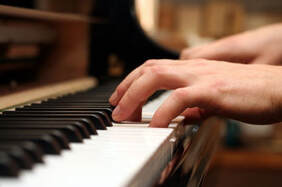 I. Dust off your instrument. 2. Watch some YouTube concerts featuring pianists playing the music you love. 3. Find your metronome. 4. Read some inspiration material about folks like yourself who have succeeded. 5. Start noodling on the piano. Review some old favorites. Explore some new music. Dream. 6. Plan practice time in your schedule to succeed. The happiest students know what they want, why they want it. They've made time for it, and stuck with it. Come join us. David. Jane is learning how to play chords to her favorite pieces. This is how I've recommended she spend her time. Practice time breakdown 25% scales and chords with metronome at various tempos 25% review of old work 25% new pieces 25% sight reading tunes off the internet. Notice the search terms in the image below. Click on images and viola things to practice. David October 2022 Update: Jane is still in lessons. She is currently learning how to create and play walking bass lines in jazz standards. Revised October 2022 I practice piano and drums daily, except Sundays when I rest. Recently my student Barb asked me, "how do you practice?" Here is my answer.
Have Fun. David Story Revised October 2022 It depends.
It depends on your prior musical experiences and expectations. If your desires are modest, YouTube will work. But if you desire to achieve some level of musical competency you will need a teacher. Teachers provide objective and knowledgeable feedback. Teachers guide you through a proven curriculum that has been successfully followed by countless students. And when the going gets tough, and it will, a teacher will support and inspire you to keep going. If that sounds like the help you need, call me. David Revised October 2022 Breakfast piano minute: An fantasy on an Austrian Folk Song from a slightly disheveled pianist.Errors give feedback. Some errors are obvious, some are in disguise, and some are hidden from us.
One of the most effective way of dealing with errors of execution is to step back and listen to your practice recording making notes of errors, misinterpretation, and omissions. Then consider the following.
The picture above is from a book I highly recommend called "The Musician's Way", Best, David Revised October 2022 Playing well ultimately means playing by ear.
Adult piano students tend to rely on their visual and analytical strengths. The parts that lead to professional success. Their tactile and auditory sides are often weak. “Tactile, what’s that?” “Playing by ear? I’m no good. Or really?” They either have little confidence, or they are unaware of how to use this skill already in their possession. Piano studies are traditionally a visual study based around the authority of the text. Obedience and deference are the watchwords. But to realize your musical dreams and reach your aspirations this side will have to be developed and refined until you can confidently rely on it. A classical pianist executes a game plan. Every note has been planned and rehearsed. They have tried different approaches and made their decisions. They have learned every note by heart to a point where they can play with the music. What they hear they can execute. What they hear is based on years of study, practice, transcription, coaching feedback, concert attendance, theory and history studies and lots more. A jazz pianist plays what they hear in their head. They never execute an idea and say, "dang, where did that come from?' No way, their minds are singing just slightly ahead of their hands. What they hear they can execute. What they hear is based on years of study, practice, transcription, coaching feedback, concert attendance, theory and history studies and lots more. Playing imaginatively by ear requires a rich reservoir of musical ideas and experiences. I can get you started by helping you play by ear. Call me, David 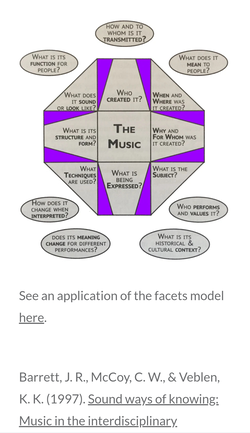 Know more than the notes. Exploring the questions of sociological context, compositional techniques, recorded history and more will add depth and sophistication to your playing and security to your memorization. Click on the picture for more, or for the "science" click the link. Here is a simple example: 1st Movement of Sonata in F minor op. 1 Who created it? Beethoven, German Romantic era composer 1770–1827 When and where was it created? 1795 Vienna Austria Why and for whom was it created? Dedicated to his teacher Joseph Haydn. Apparently it was his first publicly published work. What does it sound or look like? Dramatic opening rocket type theme of the tonic, then dominant chord announces that there is a "new kid in town". Great dynamic contrasts throughout the movement keep us focused. A composition of a young man. What kind of structure or form does it have? Classic Sonata Form What is its subject? The interplay is between the 2 main themes in the exposition and their development through many key centers. What is being expressed? Youthful exuberance, drama and compositional skill demonstration of the classical era style. What techniques did its creator use to help us understand what is being expressed?
David
David Revised January 2023 An often overlooked and under appreciated activity is listening to our own practicing through audio playback and listening the great artists play our repertoire.
The first activity lets us hear the truth. Champions welcome feedback. I promise it won’t all be bad or embarrassing. Really! The second activity gets the sound in our head out the hands. It familiarizes us to the musical language being spoken. A cornerstone of learning any new language. Let’s dig down. 1. Listening to ourselves, as objectively as we can, helps us to appreciate our progress. And, it saves time by exposing in short order what needs attention. No point wasting time on the whole piece when it is obviously measure 22 through 26 that really needs our attention. 2. Listening to the music we are studying serves a number of purposes.
Swing jazz comping patterns verses Bebop comping patterns Dynamics in early Classical sonatas verses late Romantic sonatas It gets the sound in our ears though analytic listening. That is to say, what is going on here with:
After years of teaching and practicing I've concluded: we can’t play what we can’t hear. Cheers, David Story 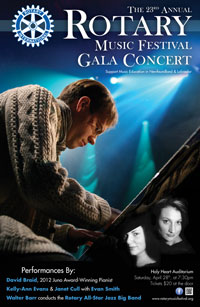 Why study in the summer?
David Story www.davidstory.ca |
You've got to learn your instrument. Then, you practice, practice, practice. And then, when you finally get up there on the bandstand, forget all that and just wail. AuthorI'm a professional pianist and music educator in West Toronto Ontario. I'm also a devoted percussionist and drum teacher. Categories
All
|
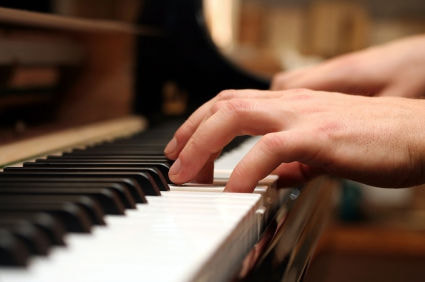
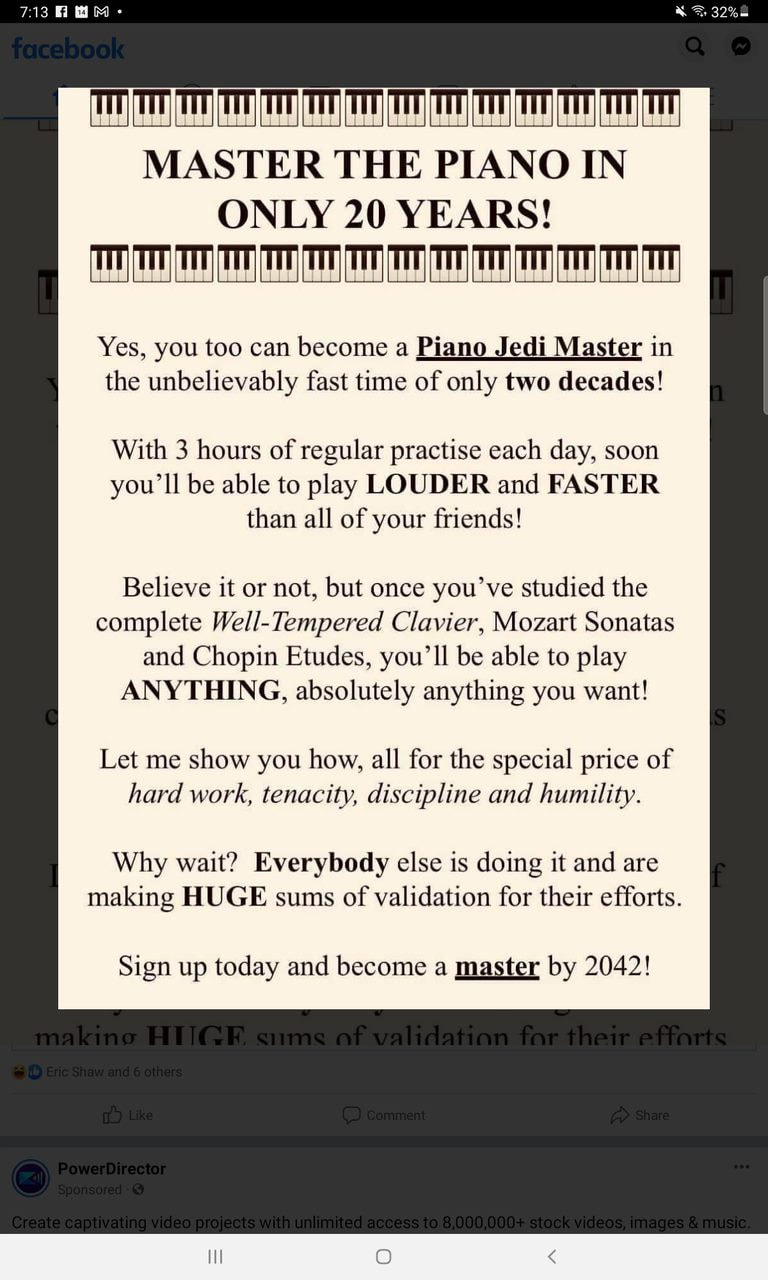
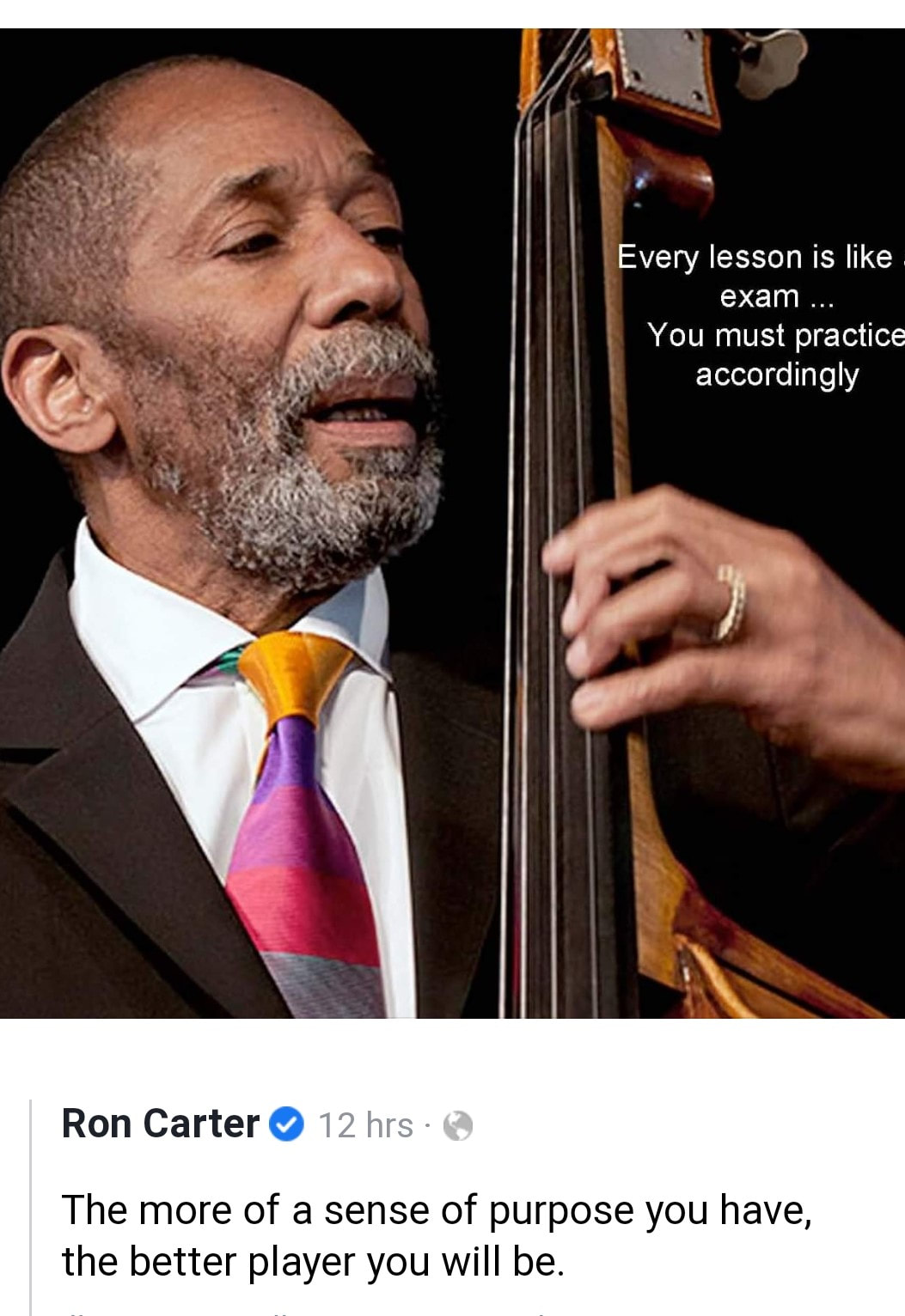
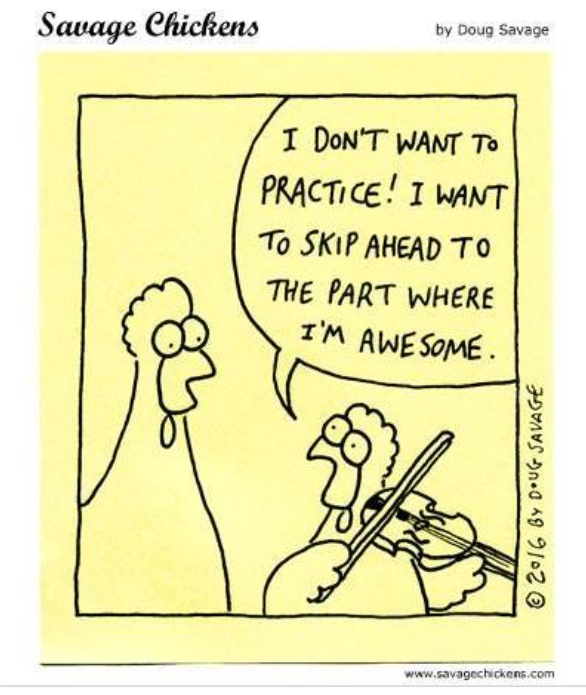
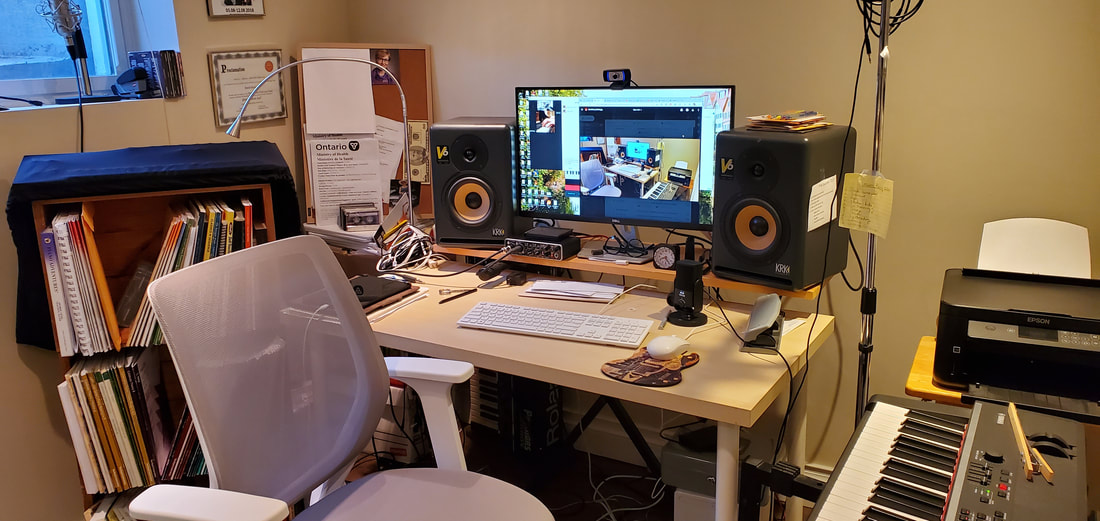
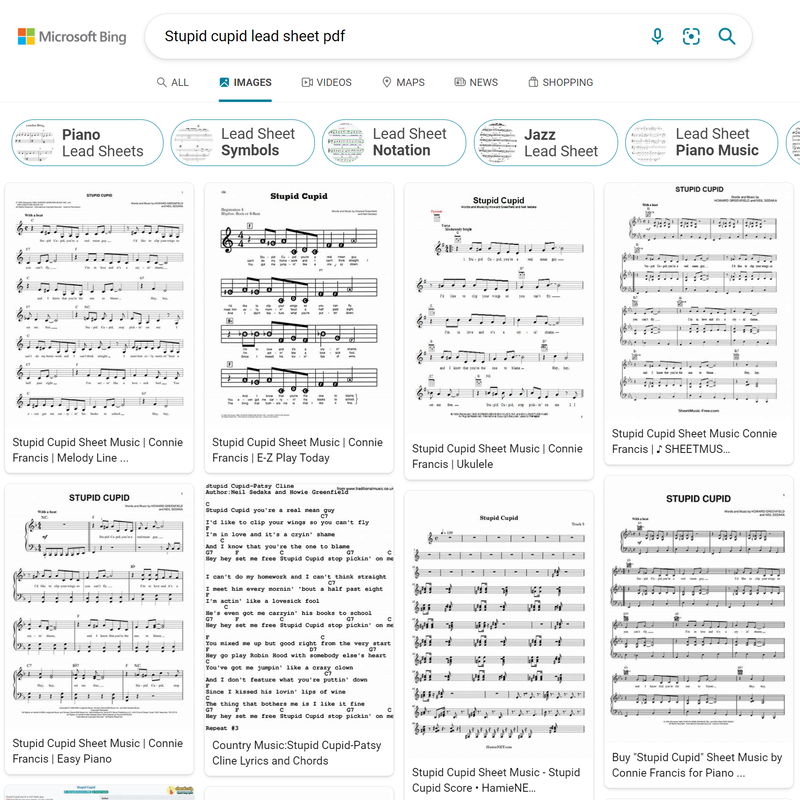
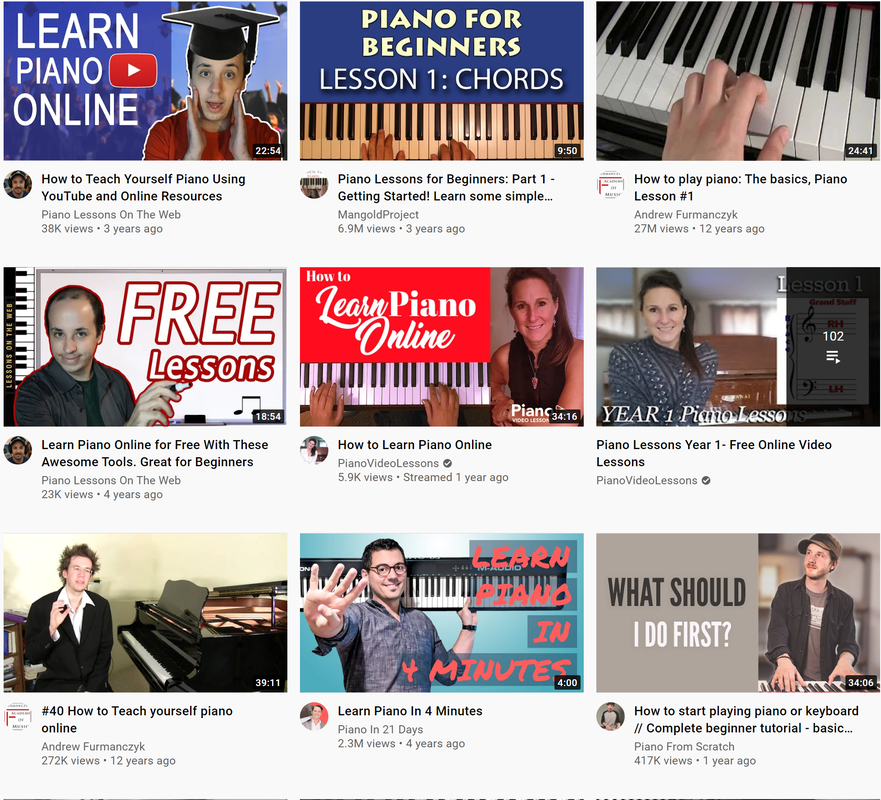
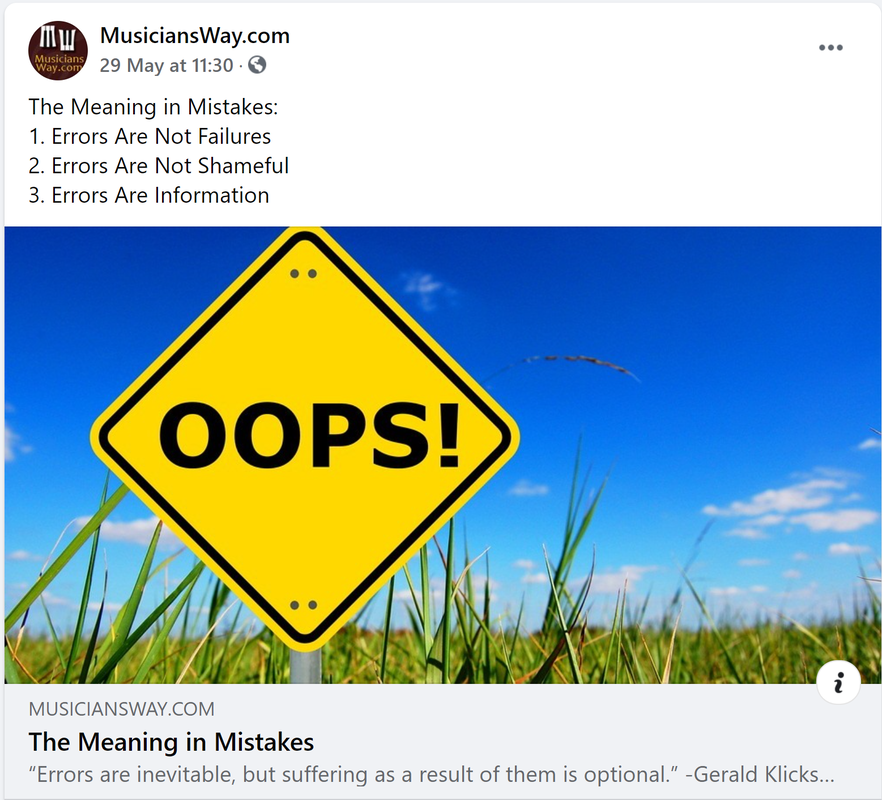

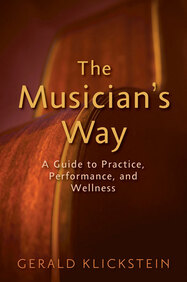
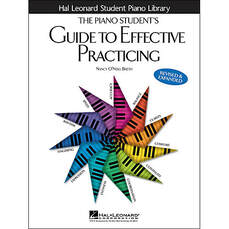
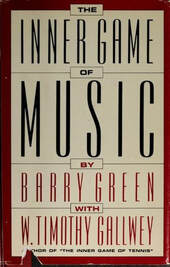
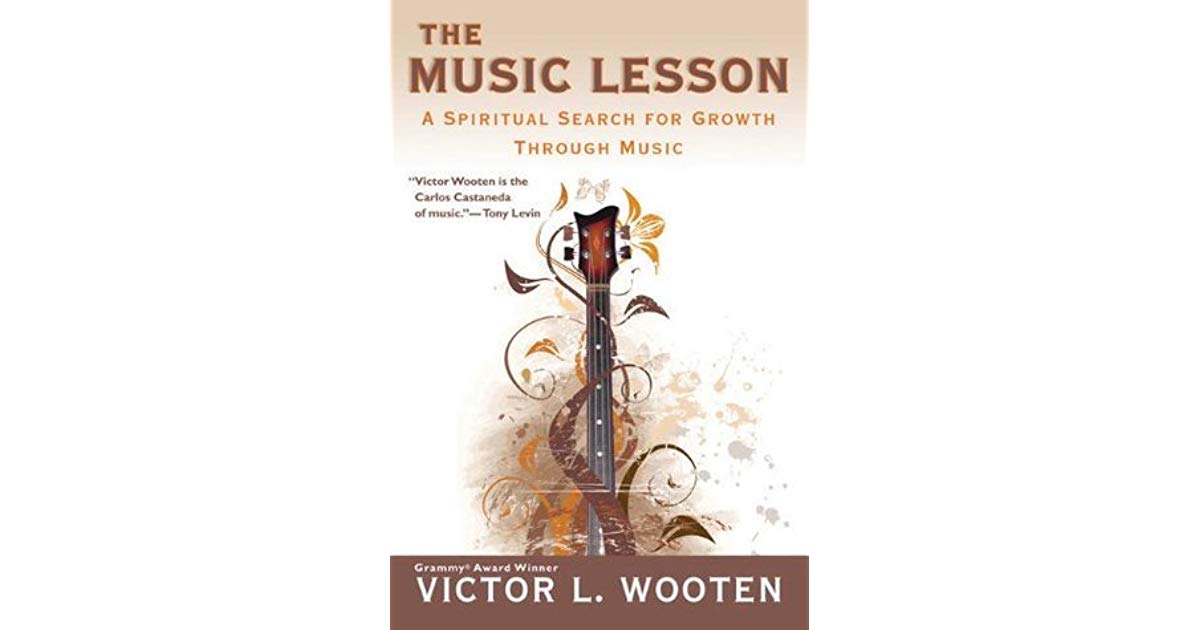
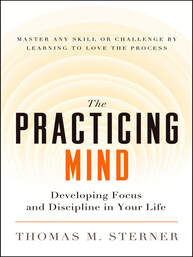
 RSS Feed
RSS Feed